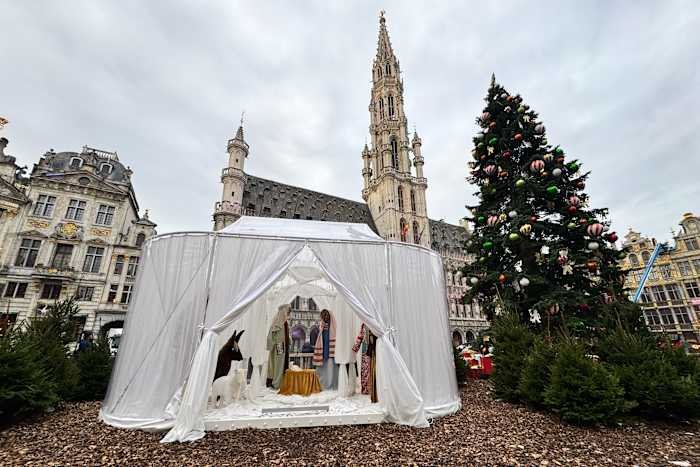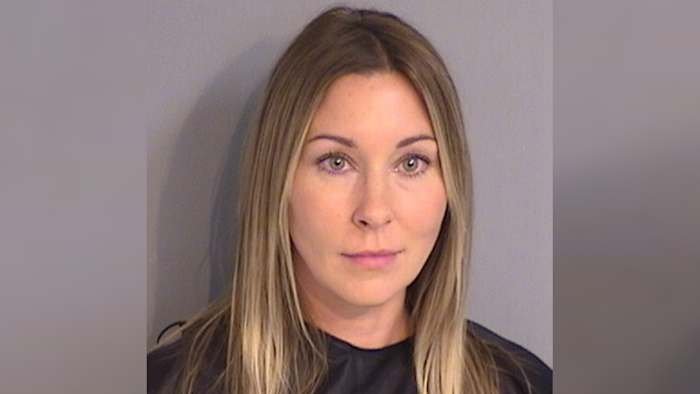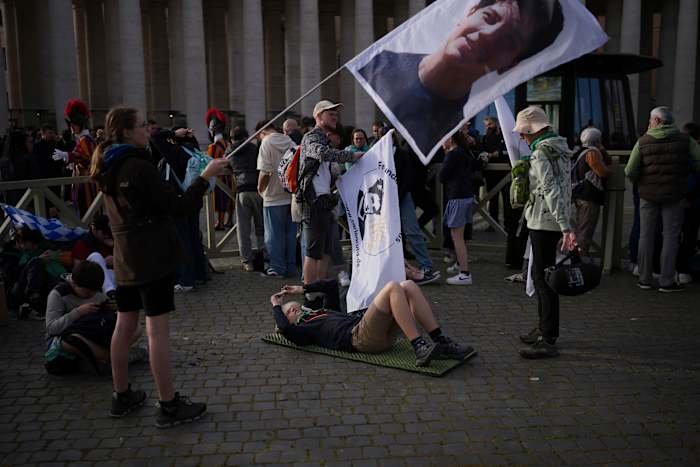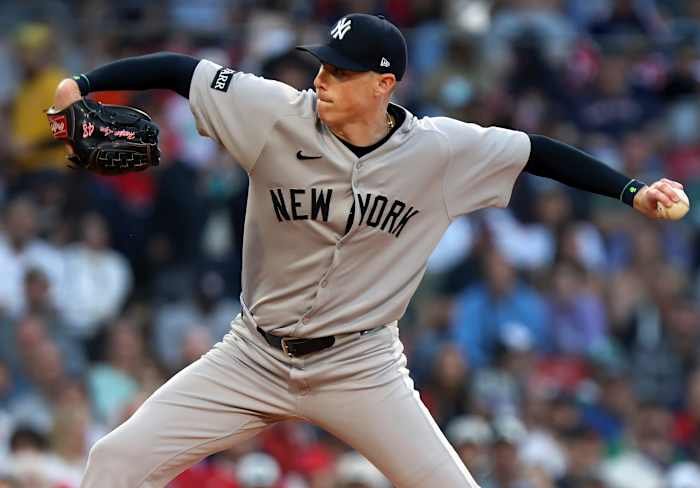Introduction
In recent years, genetic science has made remarkable strides, offering new hope to millions suffering from inherited conditions. However, for people living with diseases caused by rare genetic mutations, progress has been slower, leaving them with fewer treatment options and often uncertain futures. In Orlando, a city with a growing medical research community, these challenges hit close to home. As more local families confront rare genetic disorders, the spotlight is on the urgent need for expanded research, better access to treatments, and increased awareness in Central Florida.
Understanding Rare Genetic Diseases
Rare genetic diseases, also called orphan diseases, are conditions caused by mutations in a person’s DNA that affect a small percentage of the population. The National Institutes of Health (NIH) defines a rare disease as one that affects fewer than 200,000 people in the United States. There are more than 7,000 known rare diseases, and about 80% are genetic in origin.
For those living in and around Orlando, the impact is profound. Families may face a lengthy diagnostic odyssey, traveling between specialists at local hospitals such as AdventHealth or Nemours Children’s Hospital, searching for answers. Many patients endure years of symptoms before receiving a definitive diagnosis, and even then, they often discover that effective treatments or cures do not yet exist.
The Gaps in Treatment and Research
While the field of genetics has witnessed groundbreaking advances—including gene therapies and precision medicine—rare diseases frequently lag behind. Pharmaceutical companies are less incentivized to develop drugs for small patient populations, resulting in limited treatment options. In Orlando, this means that families may have to travel out of state for clinical trials or specialized care.
According to Dr. Maria Gonzalez, a genetics researcher at the University of Central Florida (UCF), “Our community has the infrastructure to support research, but we need greater investment and collaboration to bring more clinical trials and innovative treatments to Orlando.” She notes that while some rare disease patients have benefited from recent gene therapy breakthroughs, the majority remain underserved.
Orlando’s Role in Rare Disease Advocacy
Despite these challenges, Orlando is emerging as a hub for rare disease advocacy and support. Local organizations such as the Rare Disease Florida Alliance work tirelessly to connect patients with resources, raise awareness, and push for policy changes.
Each year, Orlando hosts events like Rare Disease Day, which brings together patients, healthcare professionals, and researchers to share stories and foster hope. These gatherings remind us that behind the statistics are real families—our neighbors—coping with extraordinary circumstances.
Local universities and hospitals are also stepping up. UCF’s College of Medicine is expanding its genetics program, and Nemours Children’s Hospital has launched new initiatives to help families navigate the complexities of rare disease care in Central Florida.
What’s Next: Expanding Hope Through Innovation
The future holds promise for rare disease patients in Orlando and beyond. Gene editing technologies like CRISPR, the growth of personalized medicine, and the increasing use of big data in healthcare are setting the stage for new breakthroughs. Local researchers are collaborating with national and international partners to accelerate discovery and bring more clinical trials to our region.
However, much work remains. Access to cutting-edge therapies is often limited by high costs and lengthy approval processes. Advocates urge increased funding for research and expanded insurance coverage for rare disease treatments. As Orlando’s medical community grows, so does its responsibility to ensure that breakthroughs reach everyone—especially those with the rarest and most challenging conditions.
Conclusion
For Orlando families affected by rare genetic diseases, every advancement in science brings renewed hope. Yet, the journey is far from over. By raising awareness, supporting local advocacy groups, and investing in research right here in Central Florida, we can help ensure that no patient is left behind.
Have you or someone you know been impacted by a rare genetic disease in Orlando? Share your story or thoughts in the comments below—your voice matters and could help inspire change in our community.
















